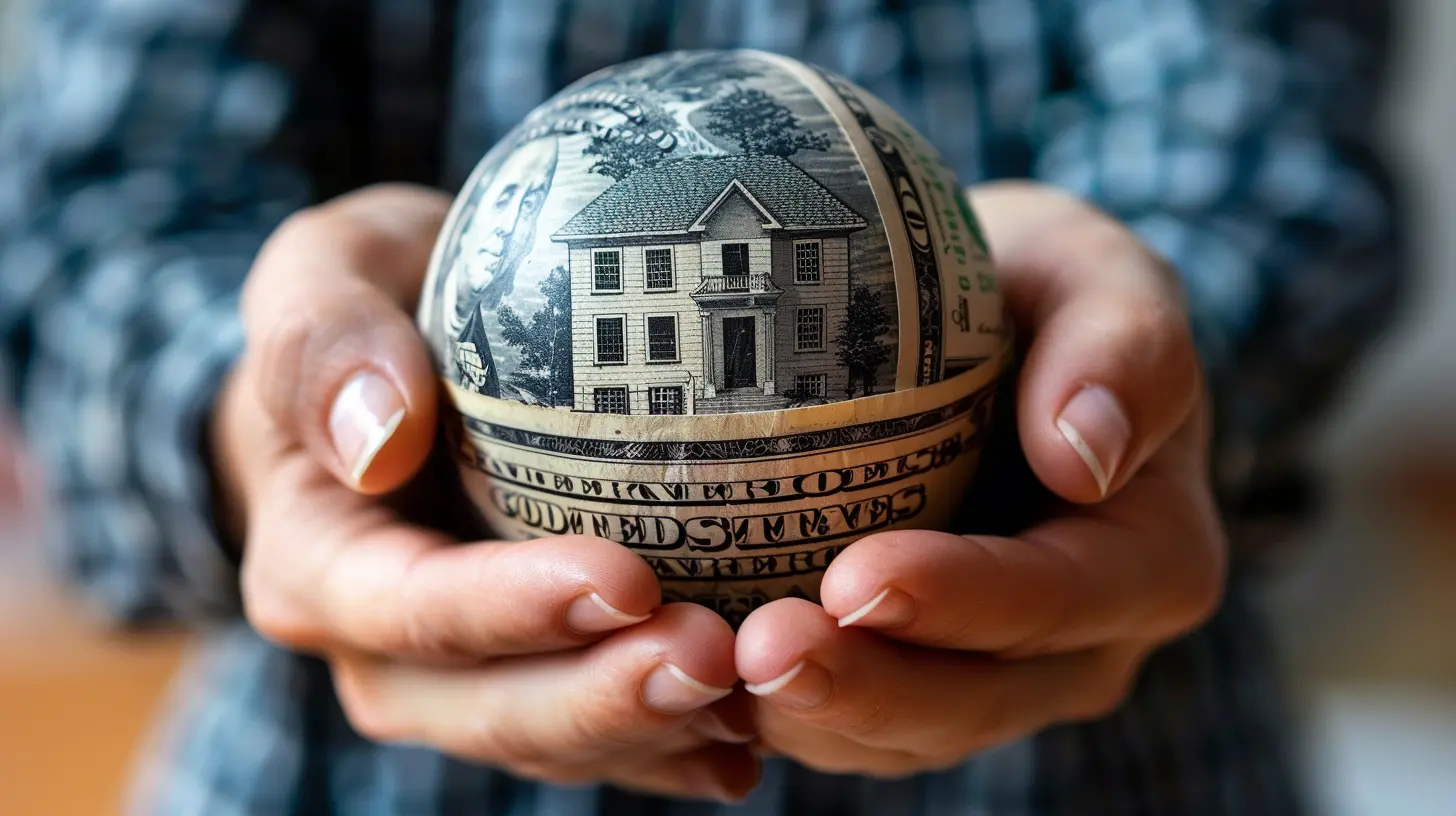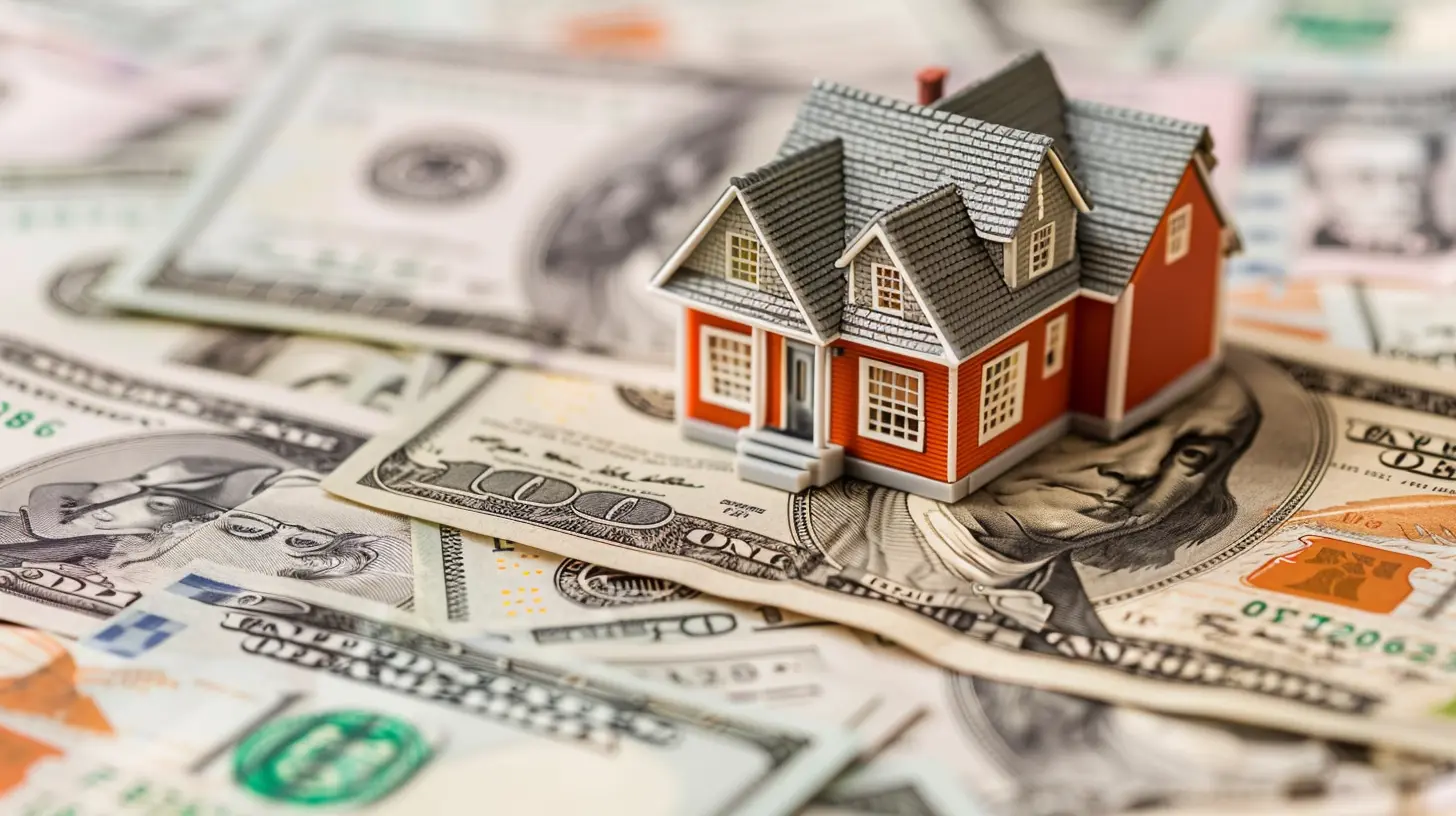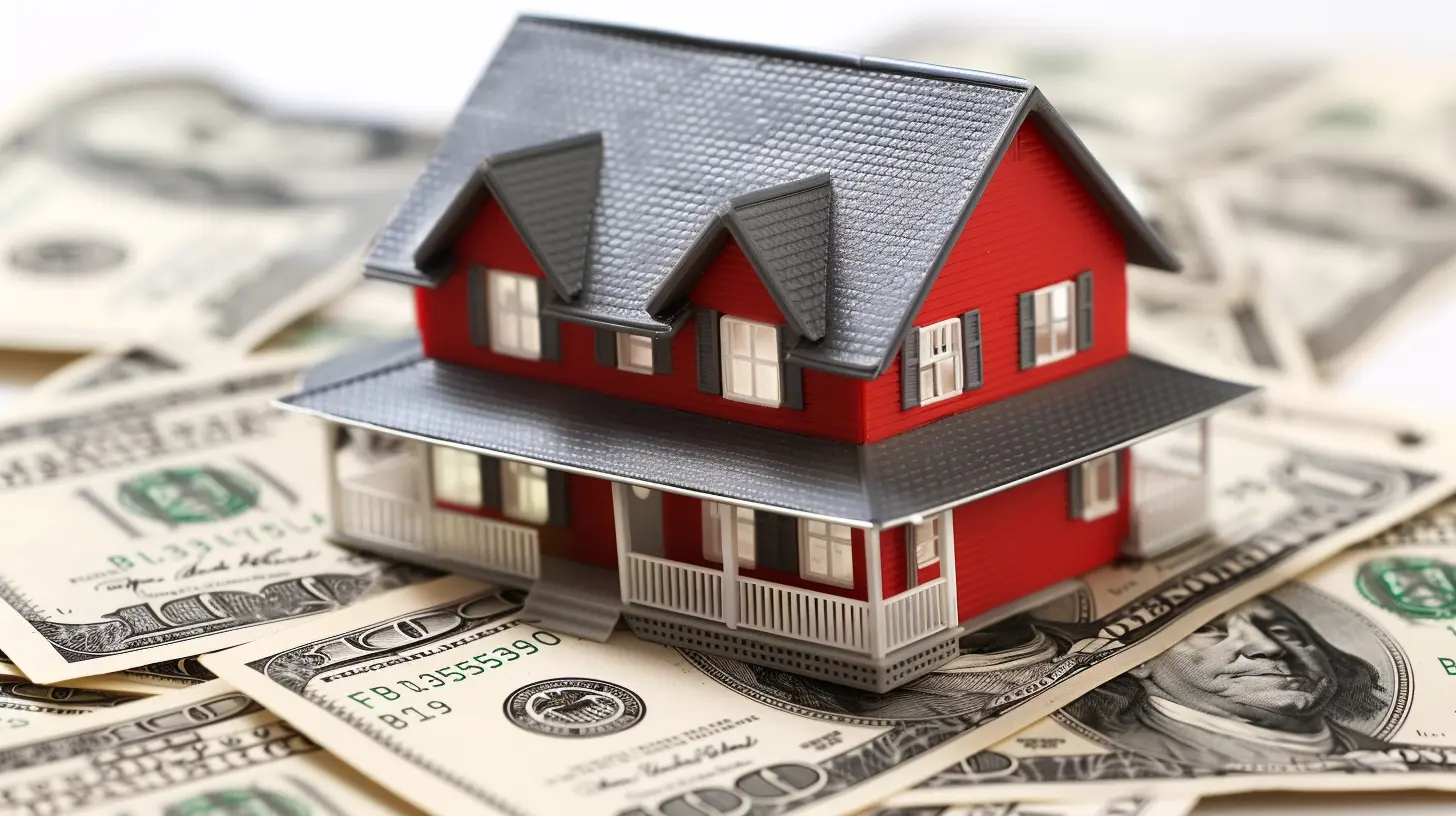10 December 2024
So, you’ve decided to take the road less traveled and sell your home without a real estate agent—congrats! Selling a home by yourself, a process known as For Sale By Owner (FSBO), can be a rewarding yet challenging experience. From marketing your property to negotiating deals, there’s a lot to juggle. But one thing FSBO sellers often overlook? Property taxes and fees.
Yep, taxes and fees aren’t exactly the glamorous side of real estate, but they’re essential to understand. They can impact your bottom line in ways you don’t want to discover at the last minute. So, let’s break this down and tackle everything you should know to avoid surprises when you close the deal.

What Are Property Taxes, Anyway?
Let’s start with the basics. Property taxes are a yearly tax paid by property owners, often based on the assessed value of their property. Your local government uses this cash to fund things like schools, roadwork, and public services. It’s basically like a membership fee for living in your community—but instead of a gym membership, you’re funding pothole repairs.When you sell your home, these taxes come into play in a big way. Your buyer isn’t going to take on taxes you owe, so part of the closing process involves settling up on property taxes. Don’t worry; we’ll dive more into that shortly.

Pro-rated Property Taxes: What’s the Deal?
Here’s a term you’re going to hear a lot during the sale process: prorated property taxes. It might sound fancy, but it’s not as complicated as it seems.When you sell your house, you’re likely not selling it on December 31st (the magical day that closes out the tax year). So, property taxes will need to be divided—or prorated—between you and the buyer. Think of it like splitting the check at a restaurant, except instead of appetizers and desserts, you’re divvying up tax payments.
For example, if you sell your home halfway through the year and your annual property taxes are $6,000, you’d be responsible for $3,000 (for January through June). The buyer would cover the other half.
Pro tip: Your closing agent or attorney will calculate this for you, so you don’t need to break out a calculator. But it’s good to understand how it works, so you’re not blindsided.

Capital Gains Tax: The Sneaky Fee That Can Eat Into Your Profits
Now, let’s talk about a tax that FSBO sellers sometimes forget about: capital gains tax.This tax comes into play if you make a profit when selling your home. For example, if you bought your house ten years ago for $200,000 and you sell it today for $300,000, your profit (or "capital gain") would be $100,000.
But—and this is a big "but"—you might not owe any capital gains tax if the property was your primary residence. The IRS allows a tax exclusion of up to $250,000 for single filers or $500,000 for married couples filing jointly. That means if your profit is less than these amounts, you’re free and clear.
However, if the property wasn’t your primary home (like a rental property or vacation home), or if your profit exceeds those thresholds, you might owe Uncle Sam a piece of the pie. It’s worth chatting with a tax professional to figure this out.

Transfer Taxes: The Cost of Transferring Ownership
Here’s another fee that might sneak up on you: transfer taxes. Think of these as a “goodbye” fee for selling your property. It’s a one-time tax paid when the property changes hands, usually charged at the state, county, or city level.The rate for transfer taxes varies depending on where you live. Some states don’t charge them at all (high-five, Oregon!), while others have rates that could make your wallet cry. For example, in Maryland, transfer tax rates can go as high as 2.5% of the sale price.
Thankfully, who pays this fee is negotiable. In some states, it’s customary for the seller to pay, while in others, it’s the buyer’s responsibility. If you’re tackling the sale yourself, be sure to include this in your negotiations.
Recording Fees: The “Paperwork” Tax
Ah, recording fees. These are the costs associated with legally recording the deed transfer with your local government. It’s like paying for your home’s official “change of ownership” registration.The good news is that recording fees are usually pretty small—think a few hundred dollars at most. However, every little fee adds up, so it’s good to factor this into your closing costs.
Homeowners Association (HOA) Fees: Do They Apply to You?
If your property is part of a homeowners association (HOA), you’ll need to account for any unpaid dues when you sell. Some HOAs also charge a “resale certificate fee” or “transfer fee” when ownership changes.Before listing, check with your HOA to determine exactly what you’ll owe. Trust me, the last thing you want is a surprise bill from your HOA when you’re trying to close the sale.
Miscellaneous Fees You Should Budget For
Selling a home is like throwing a party—you think you’ve covered all the expenses until someone reminds you about the balloons. Here are some additional fees FSBO sellers should watch out for:- Title Insurance: This protects the buyer (and sometimes the seller) from legal claims against the property.
- Settlement Fees: These cover charges related to the closing process, like hiring a title company or attorney.
- Outstanding Liens: If you have any unpaid debts tied to the property (like a second mortgage or mechanic's lien), those must be settled before you can sell.
How FSBO Sellers Can Stay on Top of Taxes and Fees
Feeling overwhelmed? Don’t worry—selling a home comes with a learning curve, but you can handle it. Here are some tips to keep things stress-free:1. Do Your Homework: Research your state and local tax laws before listing your home. It’s better to know what’s coming than to be caught off guard.
2. Budget for Closing Costs: A good rule of thumb is to set aside 1% to 3% of your home’s sale price for taxes and fees.
3. Hire a Pro if Needed: It’s okay to admit when you’re in over your head. Consider hiring a real estate attorney or tax advisor to help you navigate the process.
The Emotional Side of Selling FSBO
Let’s take a moment to acknowledge the emotional side of selling your home. This isn’t just about numbers and paperwork—it’s about closing a chapter and moving on to the next big thing. Taxes and fees might feel like a buzzkill, but they’re just one part of the bigger picture. Keep your eyes on the prize: a successful sale and a fresh start.Final Thoughts
Selling your home FSBO-style can save you money on agent commissions, but it comes with its own set of responsibilities, especially when it comes to property taxes and fees. From prorated taxes to closing costs, there’s a lot to consider. But with a bit of preparation and the right mindset, you’ve got this!Remember, knowledge is power. By understanding the ins and outs of taxes and fees, you’ll set yourself up for a smoother (and more profitable) home sale.












Signe Robinson
Great insights! Remember, knowledge is your best ally in selling. You've got this—happy selling and good luck!
February 10, 2025 at 9:44 PM